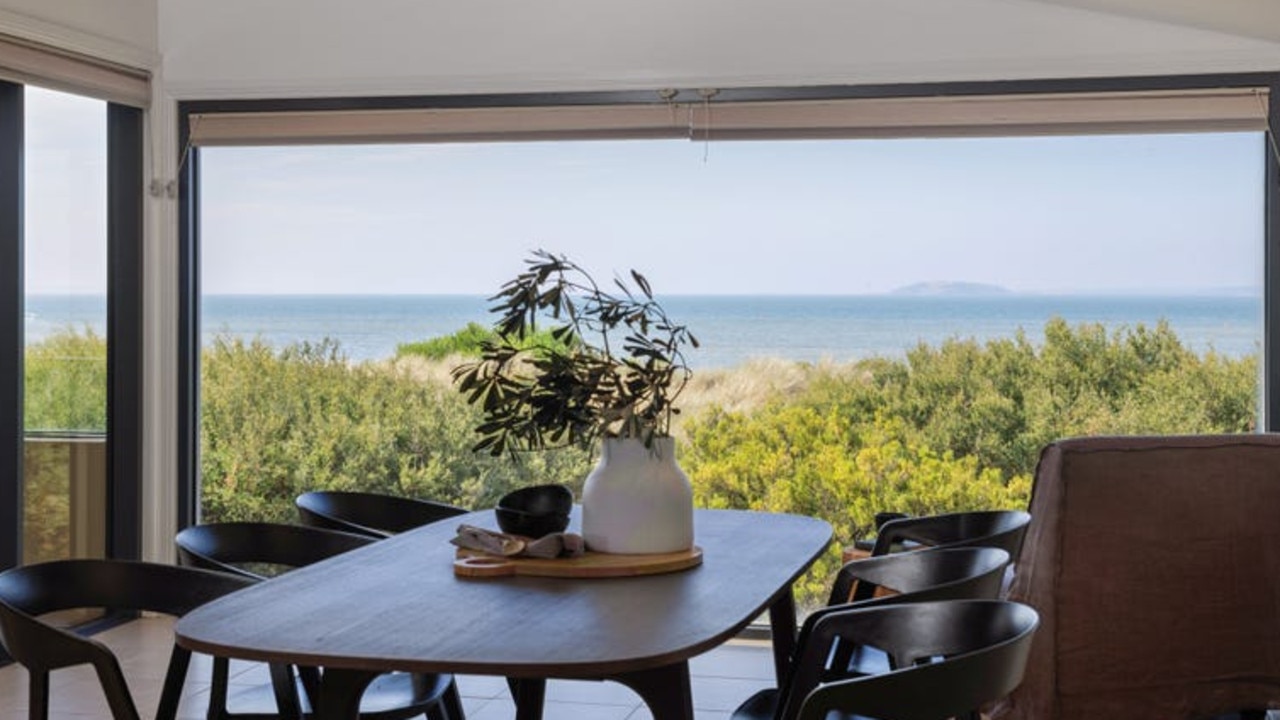Phillip Island road kill: Virtual fences trialled to reduce dead animals in Cowes, Rhyll
Locals warn a trial to stop the “alarming” rate of wildlife road death might not be accurate.

Bass Coast News
Don't miss out on the headlines from Bass Coast News. Followed categories will be added to My News.
A Bass Coast community are sceptical of a two-year trial monitoring the amount of animals killed on a road despite them seeing a decrease in dead wildlife.
In April 2020, Victoria University, Bass Coast Shire Council and Phillip Island Nature Parks installed a virtual fence to try and stop the “alarming” amount of animals killed on Cowes-Rhyll Road.
Victoria University environmental scientist Dr Christine Connelly said a series of devices were attached to guide posts along the road.
“When headlights from an approaching vehicle hit the device from up to 300 metres away, an audible alarm and flashing LED lights are triggered,” Dr Connelly said.
“This combination of noise and light is aimed at deterring wildlife from the road, before the vehicle gets close enough to harm them.”
But some residents are sceptical of the project despite seeing a decrease in road kill.
“Certainly less wallabies dead along that road but I’d love to know if it was due to the fence being installed or the major reduction in traffic due to COVID,” Tom Mudie said.
Mr Mudie says he still sees wallabies along Cowes-Rhyll Road.
“I drive through there a few times week, (there are still) some in the middle of the road, some gazing along the edge right next to the virtual fence,” Mr Mudie said.
Bass Coast highway patrol Senior Constable Jack Allen said road kill increases during the busy periods.
“That’s courtesy of holiday-makers and people heading down to the island that aren’t use to that sort of wildlife,” Sen-Constable Allen said.
“I think that there’s a lot of people that aren’t really prepared for it.”
Phillip Island resident Margaret Bowers said during peak tourism time, the island looked like “a killing field”.
“In reality it’s not a good time to be doing a test on this system as there is little to no traffic due to COVID,” she said.
“I would really think this would be totally different if we had a constant run of tourists in cars at all hours of the year.”
Dr Connelly said the project was designed to include a two-year trial to compare road kill for 12 months before and after the fence installation.
The trial is due to end in April 2021 where results will be released.
A council spokesperson said if the research project concludes that the trial was effective, other suitable locations across Bass Coast could be determined for the virtual fences.
In the year prior to the virtual fence installation, 306 animals were killed on Cowes-Rhyll Road between April 1, 2019 and March 31, 2020.
Dr Connelly said the highest amount of deaths were black wallabies.
“We need a long-term solution to reduce road kill,” she said.
“We’re going to continue to have population of wildlife on the island that are going to be crossing roads.”





